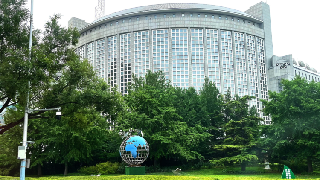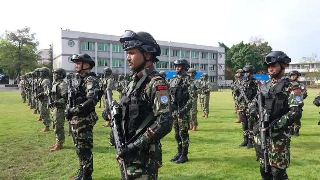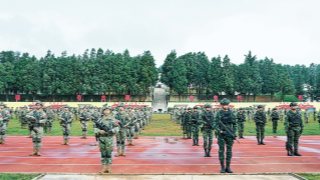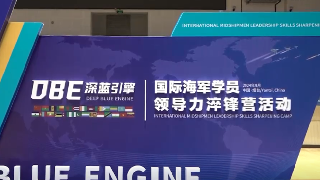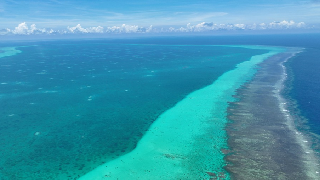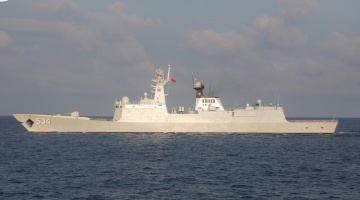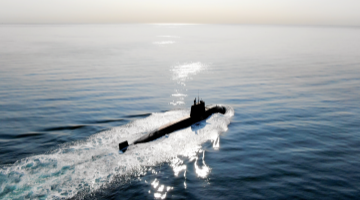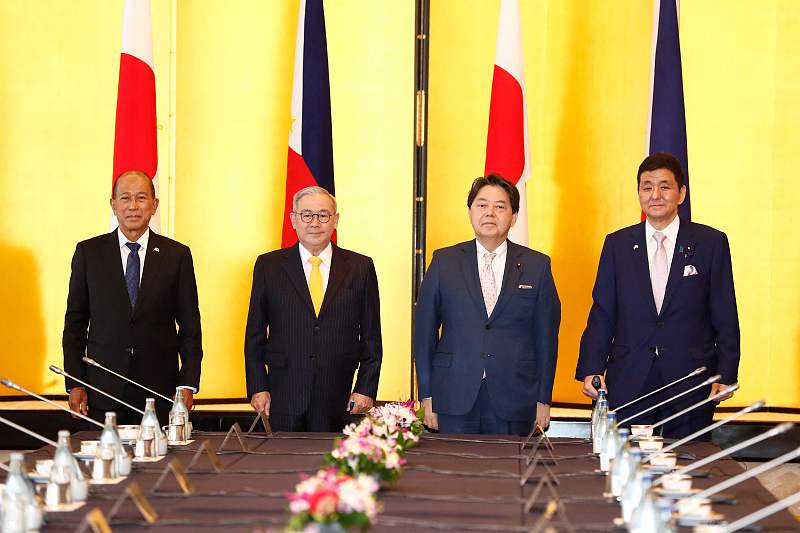
Japan and the Philippines hold the first Foreign and Defense Ministerial Meeting ("2+2") in Tokyo, Japan on April 9, 2022. (File photo)
By Chen Yang
Japan and the Philippines held the Foreign and Defense Ministerial Meeting ("2+2") in Manila on July 8, during which the two countries signed the Reciprocal Access Agreement (RAA) that allows them to deploy troops on each other's soil. Japan and the Philippines are entitled to develop their bilateral relations, but Manila should be cautious about being too tightly bound with the militarily ambitious Japan.
The Japan-Philippines "2+2" meeting is in itself a dangerous sign. Kyodo News reported that the two sides held the meeting to tighten their cooperation against China. Both Japan and the Philippines are independent sovereign states. They have every right to develop relations with each other, provided such development is not targeted at any third party or harms the third party's interests. However, the contents and motivations of the meeting seem to indicate complex political calculations and strategic intentions, which worry the surrounding countries and regions.
Japan has an ax to grind in pushing the defense cooperation with the Philippines. In recent years, Tokyo has been supporting Manila's maritime capacity building comprehensively. Especially after Fumio Kishida came into power in 2021, the country has scaled up its export of weapons, equipment and defense technologies to the Philippines, and their maritime defense cooperation has gotten on a fast track since Fumio Kishida's visit to Manila in November 2023. Japan is eager to deepen its relations with the Philippines because of the latter's special geographical location, so strategically important that Japan should deepen the relations with it, as Japanese Defense Minister Kihara Minoru once said. For Japan, which is actively assisting the US in realizing a so-called "free and open Indo-Pacific", forging closer ties with Manila facilitates its weaving of a so-called anti-China network and paves the way for it to more deeply meddle in and make waves in the South China Sea issue in the future. Asahi Shimbun made it clear that Japan attaches great importance to tightening the relations with the Philippines, Australia, and other regional countries to contain China.
The Philippines should be vigilant against getting too close to Japan. In fact, it is not a wise move for Manila to hold the "2+2" meeting with Japan and reinforce their defense collaboration. For one thing, Japan, as an American ally, has been very active in America's anti-China strategic deployments in recent years, ganging up with certain countries and flaunting its "big brother's" power in the Asia Pacific. Tightening defense collaboration with Japan may embroil the Philippines in unnecessary regional conflicts and major-country competition, which serves no good for its own interests.
For another, the Philippines should be very clear about the fact that resolving its disputes with China through dialogue and consultation is the only solution suiting its national interests. Shortly before the Japan-Philippines "2+2" meeting, the Philippine and Chinese vice foreign ministers co-chaired on July 2 the ninth meeting of the Bilateral Consultation Mechanism on the South China Sea (BCM) in Manila. The two sides had a candid and constructive exchange of views on the situation in the South China Sea, in particular, on handling the situation at Ren'ai Jiao. The two sides believe that maintaining peace and stability in the South China Sea serves the interests of both China and the Philippines, and is also the common goal of countries in the region. The two sides agreed to continue to maintain dialogue and consultation through the BCM and other mechanisms to handle differences and disagreements. This is a positive sign that will keep the two sides from sliding into more misunderstanding and mistrust.
Given the current international situation, peace and development remain the theme of the times. Countries should work together to maintain regional peace, stability and development through cooperation and dialogue. The Philippines must be cautious about the defense cooperation with Japan and avoid becoming some country's geopolitical tool. It should independently and actively participate in the peace and cooperation process of the region and make contributions to its prosperity and stability.
Editor's note: Originally published on haiwainet.cn, this article is translated from Chinese into English and edited by the China Military Online. The information and opinions in this article do not necessarily reflect the views of eng.chinamil.com.cn.


